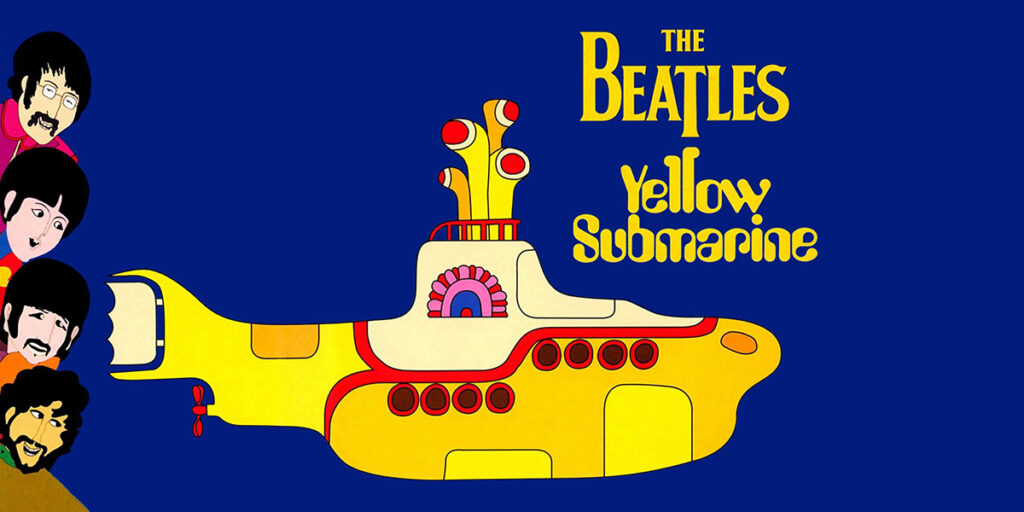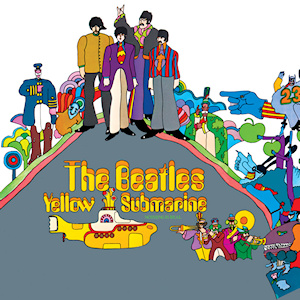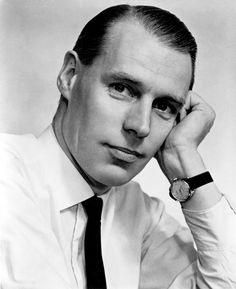
Noted Beatle Historian, Bruce Spizer–who has minutely detailed the band’s career for most of his life, continues to find topics and areas to write about that he still hasn’t covered.
Bruce currently has a project that he’s working on that will feature fan’s recollections of “Yellow Submarine,” both the album soundtrack and the animated movie.
It dawned on me that I have not written anything about “Yellow Submarine,” so here we go!
I did see it in a theater when it was released, but it was nothing like the mayhem for “A Hard Days Night” or “Help.”
No, by this time Beatlemania had moved on.
The Beatles weren’t the only band in town anymore.
However, I was still excited about going to see “Yellow Submarine!”
Waiting patiently until I could go see it, I realized that if I didn’t go somewhere else that wasn’t my neighborhood theater–and soon, that I would not get that opportunity.
I couldn’t believe that the Warren Show in Detroit would pass on having “Yellow Submarine” considering how well they had done with the previous two films.
The Camelot Theater in Dearborn would be the closest theater of choice.
Having a few somewhat cheesy Medieval decorating accents that were supposed to make it look classy, The Camelot was a neighborhood theater that would usually show first run movies that had already had a run at the downtown movie houses.
Tipping me off that if I wanted to see the movie before it disappeared I had better do so, my older brother convinced me that it wouldn’t be around for long and would disappear soon.
So I grabbed some of my paperboy money, asked my Dad to drop off my sister, her friend and myself at the show and pick us up.
We went on a sunny Sunday afternoon for a matinee viewing.
After purchasing the tickets, we went inside the cavernous Camelot.
I don’t know how many seats they had inside, but I’ve read that theaters back then typically had about 500 seats. It was the kind of place that, until recently, would have been carved into 2-4 other rooms to act like a multiplex for discount films.
Although I was concerned, because of my previous Beatle movie experiences, that we might not get in nor get a seat.
Hah!
We were three ticketholders surrounded by a sea of empty seats. There were maybe a total of ten of us in the theater.
Where was everybody????!!!!
This was still a Beatle production!
Some nice things going for the movie experience is that both the sound system and print were in excellent condition!
That was especially nice when the stunning section for “Only a Northern Song”–a song I had never heard before, came on!
To me, just that song was well worth the time and money!
But seeing “Yellow Submarine” was a far different experience than watching the Saturday morning cartoons.
The movie was dark and very…British.
Still being several years away from seeing Monty Python’s Flying Circus, that alone made the movie rather confusing.
I remember thinking: Why had The Beatles only made a cartoon for their English fans?
And it seemed that the serious parts seemed even more gloomy because of new animation techniques.
Of course, the opposite was true, too!
The colors and positive sections seemed brighter than we had ever witnessed before!
When “Yellow Submarine” was coming to an end, everyone else had made a hasty exit, so we were the only ones there when The Beatles themselves made an unexpected appearance at the end, to warn us about more blue meanies being sighted and we had to sing to scare them away!
My heroes showed up and remained my heroes!
Naturally, as serendipity would have it, “All You Need Is Love” would show up on the AM radio, which prompted us kids to start singing quite loudly and shouting about blue meanies!
My dad didn’t have a clue what caused this behavior!
Over the years, I saw the film again at a few Midnight movies.
That was always crazy and fun!
But I didn’t truly realize how good “Yellow Submarine” was until I showed it to my own children.
Hearing my son imitating Ringo and saying that he had, “a hole in me pocket” never failed to make us both explode in silly laughter!
And my daughter, who never really cared for The Beatles because, you know, I was so in awe of them, liked “Yellow Submarine” for the work of art that it is!

The soundtrack album for “Yellow Submarine” was one of the last Beatle albums that I bought.
There were only six songs, and I already owned two at the time. It didn’t seem to be a very good deal for a young kid without money.
It wasn’t until I frequently heard “It’s All Too Much” and “Hey Bulldog” on Detroit underground FM station WABX, that it motivated me to finally purchase it.
I seldom listen to side 2, even though I learned to really like the George Martin tracks on the previous soundtrack albums.

One last tidbit about my “Yellow Submarine” memories:
I have always been a rabid book reader and would often order the most on the monthly Scholastic Books order.
Well, I was the only one that ordered the above magazine out of all the classes, and it never appeared in another magazine!
I thought I really scored a major addition to my Beatles collection that everyone else had ignored!
Bonus!
And I still have it…somewhere!
QQQQQQQQQQQQQQQQQQQQQQQQQQQQQQQQQQQQQQQQQQQQQQQQ
If you like what you see, don’t forget to spread the word by hitting the “like” button on my Facebook page, Phil Maq!
philmaq.com #YellowSubmarine #TheBeatles#PhilMaq

 As I stayed up and waited for the final results of the Michigan State Primary, I received word from someone on Facebook that George Martin had passed. I have learned over time that one has to verify whether someone has really passed, but I knew in my heart that it was all too true. And even though he hadn’t been able to do anything work related for a number of years because of deteriorating hearing, it still seemed very sad.
As I stayed up and waited for the final results of the Michigan State Primary, I received word from someone on Facebook that George Martin had passed. I have learned over time that one has to verify whether someone has really passed, but I knew in my heart that it was all too true. And even though he hadn’t been able to do anything work related for a number of years because of deteriorating hearing, it still seemed very sad.